Community Action PFAS Funding Opportunity: 2022 Funded Projects
Through our Community Action PFAS Funding Opportunity the Great Lakes PFAS Action Network (GLPAN) distributed funds to impacted community-driven PFAS projects across the Great Lakes.
In September, 2022 the GLPAN community leaders selected nine community projects to receive micro-grants. This funding totaled $31,200 and was distributed to seven communities in Michigan, two in Wisconsin, and one in Illinois.
The types and scope of projects varied widely. From testing PFAS in surface water and indoor dust, to organizing community PFAS film, art mosaics, and panel events, to campaigning for strong PFAS policies and producing educational materials, the range of funded activities demonstrates the need for science, research, education, community engagement, and advocacy to fight the PFAS crisis.
Below are the 2022 funded projects:
Flint Mosaic PFAS Project
Flint, MI
This project will create a partnership with a mosaic artist and the Flint River Watershed Coalition to create a mosaic mural that will raise awareness about PFAS contamination in Flint. The project will engage community members to share PFAS information, resources for community education, and solutions for community members to take action on PFAS.
Contact: Kate Pepin, Mixed-Media Artist
Milwaukee Riverkeeper
Milwaukee River Basin, WI
With the help of community volunteers, Milwaukee Riverkeeper will test surface water for PFAS in West Bend, Grafton and Saukville, WI. The project will help create a better understanding of PFAS levels in the watershed. The results will be shared with community members through educational presentations and will include a call to action.
Contact: Milwaukee Riverkeeper
Monitoring PFAS in Air Quality
Flint, Detroit, and Dearborn, MI
Community members in Flint, Detroit and Dearborn will partner with the Ecology Center to identify sources of PFAS chemicals in urban air. Because rain carries contaminants from the air, the team will collect rainwater in buckets. The results will be shared with community members and the state of Michigan through educational presentations.
Contact: Salah Ali, salah.GLPAN@gmail.com, GLPAN Community Leader
Original United Citizens of Southwest Detroit
Detroit, MI
This project will educate Detroit communities about PFAS sites in and around southwest Detroit as well as how community members can take action to decrease their exposure. The activities will include speakers, panel discussions, films, and a PFAS site bus tour.
Contact: Original United Citizens of Southwest Detroit
Save Falk Road Committee
Holly, MI
Using an air sampling monitor, community members will assess PFAS in household dust. PFAS have contaminated soil near homes across the Falk Road Dump, and this assessment will determine if those soils are becoming airborne and entering homes. The project will help participants better understand their PFAS exposure. The project leads will work with the state of Michigan to provide recommendations to the community to reduce exposure.
Contact: Save Falk Road Committee
Testing PFAS in Ann Arbor’s Drinking Water
Ann Arbor-area, MI
The project will support sampling drinking water in Ann Arbor to better understand if additional PFAS compounds are getting through Ann Arbor’s Granular Activated Carbon (GAC) filter. The project leads will use this information to raise awareness about PFAS to the community and when discussing the PFAS issue with the city of Ann Arbor.
Contact: Robb Kerr, robb.GLPAN@gmail.com, GLPAN Community Leader
United Congregations of Metro East
East St. Louis, IL
Funds for this project will support East St. Louis community members to organize against incineration of PFAS chemicals. The campaign will strengthen Illinois’s current PFAS incineration ban to include all PFAS chemicals. Impacted community members will participate through education, advocacy, and community organizing.
Contact: United Congregations of Metro East
Walkerville Thrives
Walkerville, MI
Community members in Walkerville will use funds to purchase water test kits to sample surface water and private wells for PFAS. After the state of Michigan identified contamination on a nearby farm property, some households not included in the official site investigation wanted to sample their private wells. These funds will allow community members to expand testing and sampling, and work with the state of Michigan.
Contact: Walkerville Thrives
Wisconsin Green Muslims
West Bend, WI
This project will support PFAS education and engagement of community members in Wisconsin. Project partners will create a series of Wisconsin-specific resources to inform Wisconsin residents about PFAS and actions to take when PFAS are found in their drinking water supply.
Check out the Wisconsin Quick Guide to PFAS in Municipal Drinking Water
Contact: Wisconsin Green Muslims
